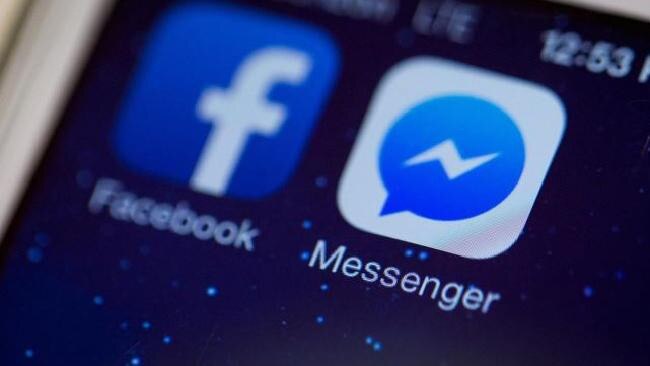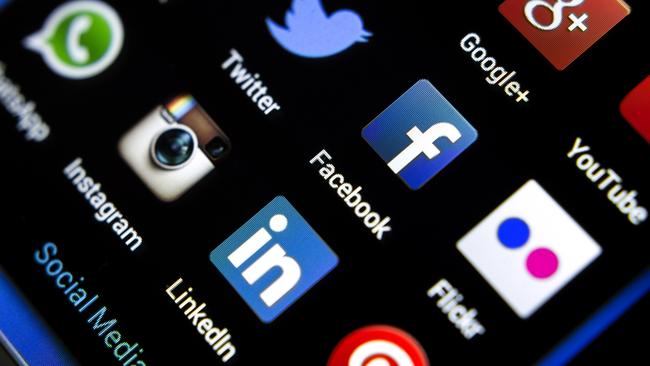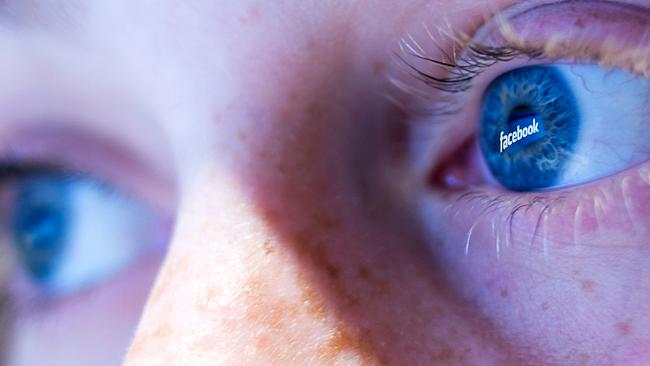Internet is damaged but we can fix it, says former Facebook boss
Those killed and wounded in the Christchurch massacre are victims of the social media platforms we created, says former Facebook boss Stephen Scheeler. But we can stop abetting hatred, terrorism and other toxic by-products social media giants produce. Here’s how.
Opinion
Don't miss out on the headlines from Opinion. Followed categories will be added to My News.
On July 26 1945, a group of scientists huddled in a bunker in the New Mexico desert to test a brilliant new invention.
A secret part of the Allied war effort, they were good people using their unique talents to advance humankind. They were idealistic and dedicated to peace.
Their invention — the atomic bomb and, in time, nuclear energy — would both revolutionise power generation and deliver the horrible spectre of nuclear war.
The world had never seen anything like it.
THE EIGHT PESTS WHO RUIN YOUR FACEBOOK FEED
WOMAN ARRESTED FOR FACEBOOK POST AFTER NZ SHOOTING
EU HITS GOOGLE WITH $2.4 BILLION FINE
During my years at Facebook, I often grappled for historical parallels to the unprecedented growth of social media and the internet.
With the internet as their backbone, and algorithms their beating heart, platforms like Facebook, Google, Twitter and YouTube grew in just a few years to touch billions of people, driven by idealistic founders and brilliantly innovative cultures.
The world had never seen anything like it.
Sequestered in Facebook’s Silicon Valley campus, I often wondered how similar my experience might be to those Manhattan Project scientists.

We each had valiantly noble missions. Theirs was to help the Allied powers defeat fascism. Ours was to connect the world.
But for those scientists in the desert, the searing heat of that first mushroom cloud would portend both the good and the evil of their brilliant work.
The bombing of Hiroshima was only weeks away.
For many of us who built the social media giants and were dedicated to their idealistic missions, the tragedy in Christchurch felt like an atomic blast.
Those killed, wounded and traumatised are the victims of not just firearms, but of the platforms we in Silicon Valley created.
Social media and the internet more broadly have generated immense benefits around the world.
GOOGLE, FACEBOOK FACE CRACKDOWN UNDER LABOR
But their toxic by-products — abetting hatred, terrorism, crime, bullying and fake news and undermining data privacy and trust, often made worse by the algorithms that make the internet tick — are impossible to ignore.
Is the world a net better place with the internet and social media? I think the answer is unequivocally “yes”.
But their “negative externalities” — to use an economist’s term — have become so severe that I believe we need a radically different approach to shaping the internet and social media we want for the future.

We need a much deeper understanding of the internet’s problems.
Deep research into the internet’s problems is in its infancy.
It needs to be fast-tracked. Just as the US maintains the Centre for Disease Control in Atlanta as a single co-ordinating body for disease research, we need an international Centre for Internet and Social Media Research, funded by countries around the world and by the tech giants themselves, to facilitate empirical research into the negative effects of the internet and social media.
Its work can be used to make fact-based policy decisions around how the internet and social media can and should evolve.
We need agreed global standards about the level of “negative externalities” we are willing to accept.
Today, we have no agreed community standards — at either national or international levels — by which to measure the internet’s problems.
Much of the standard setting has been left to the internet giants, where opacity and inconsistencies abound.
It is therefore impossible to understand how “bad” the internet’s problems are, or whether they are getting “better” or “worse”. Clear global standards can form the basis for an internet social impact report card.

We need an international measurement framework for monitoring the internet’s problems.
Agreeing standards is just the first step.
We also need an international measurement framework for gathering the data required to measure the internet’s performance against any standards.
Much of this data will have to come from the tech giants, who should be compelled to provide it.
Agreed, measurable standards could work like pollution indices in the major cities of the world, giving policymakers and everyday citizens a clearer view of just how “polluted” the internet is and what can be done to improve it.
We cannot leave the tech giants to regulate themselves.
In my experience, the people working inside the tech giants are technically-brilliant and driven to build a better world.
But in asking them to self-regulate their platforms, we are asking them to do something of which they are, on their own, incapable.
Just as those Manhattan Project scientists were not left on their own to manage the regulation of nuclear energy or the control of nuclear weapons, so too do we need governments to take a more proactive, internationally-collaborative role in managing the negative effects of the internet and social media.
This should extend to the concept of “product recalls” when something goes very wrong and personal liability for executives and directors when agreed standards are egregiously violated.

We need to educate our societies much more explicitly about the possible negative effects of the internet and social media.
We should invest much more into the design and funding of public education programs about the ill-effects of the internet and social media and drive this especially into schools.
Countries have successfully tackled endemic problems like racism, smoking, drink driving, public health and sanitation.
We must attack the internet’s problems with similar single-minded focus.
None of this will be easy. Some may prove impossible in the near term for practical or technical reasons.
But humans can be amazingly inventive, especially when confronted with a horrible crisis such as we face today.
So we must try.
If there is one iota of good that can come from Christchurch, it is the elevation of the internet’s inherent issues to a level of collaborative international problem-solving which can be a model for tackling other global challenges.
Just as Hiroshima has become a centre of reflection and action to rid the world of the evils of nuclear war, so too may Christchurch become a focal point for ridding the internet of its worst toxicity, and in so doing make the world an incalculably more tolerant and peacefully connected place.
We owe no less to Christchurch’s fallen.
Stephen Scheeler is founder of The Digital CEO, Chairman of CEBIT Australia, Executive-in-Residence at the Australian Graduate School of Management and former CEO of Facebook ANZ.
Originally published as Internet is damaged but we can fix it, says former Facebook boss


